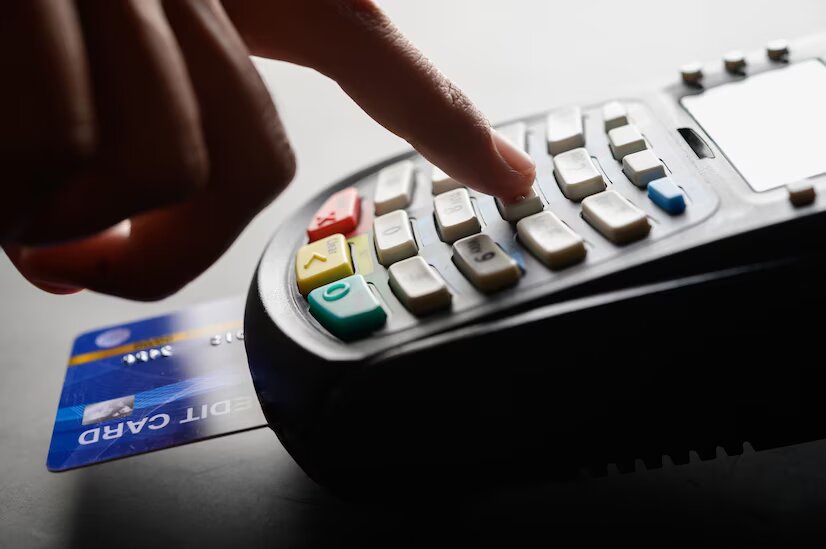Whether you are a new credit card holder or have been using it for a while, you must have come across some credit card jargon that is hard to decipher. For instance, if you decide to apply for a credit card online, you might need to understand the annual fee, interest rate, and other charges applicable to that card. Even though all credit cards work in the same way, they differ a lot in terms of the benefits and rewards they offer. So, to make it easier for you to understand the basic credit card terminology and choose the best one, here is a quick guide for you.
Annual Fee
Card companies may charge annual fees on credit cards. This might range from a few hundred to a few thousand depending on the benefits you can avail yourself of on the card. However, certain providers may waive the fee for the first year, while others, may offer credit cards that are free for a lifetime. So, depending upon the kind of benefits you seek, you may choose a lifetime free credit card or a card that has an annual fee but may waive it off on spending a certain amount.
Credit Limit
This is the overall spending limit or credit line provided by the card issuer. There are several criteria such as your credit score, income, repayment history, as well as the length of your relationship with the bank that determines your credit card limit. Banks may sometimes offer you higher limits if you already have high limits on your existing cards along with a strong repayment history.
Additionally, when checking your credit card limit, there are further three terms that you must be aware of Total Credit Limit and Available Credit Limit.
- Total Credit Limit: This is the credit limit granted by the bank when the card is issued. The total limit can also be increased when you request for the same or if you accept a limit increase offered by the provider.
- Available Credit Limit: This is the credit limit that is available on one’s credit card at any one moment. In other terms, the available credit limit is the difference between the entire credit limit and the card’s current outstanding balance.
- Cash Limit: Card issuers also offer a certain portion of your total credit limit as cash limit. This defines the amount of cash you can withdraw using your credit card. However, cash withdrawal from credit cards should be the last resort as cash withdrawal is not eligible for the interest-free period and even a small amount can escalate to a huge debt.
Billing Cycle
The billing cycle refers to the period between the closing of the previous statement and the new statement date. Your credit card provider compiles your statement at the end of your billing cycle, and you have until the due date to make the payment.
Due Date
This is the specified monthly date by which all outstanding payments must be made. To avoid late payment penalties and high-interest charges on unpaid dues, you must make the payment on or before the due date.
Total Amount Due And Minimum Amount Due
At the end of each billing cycle, a new statement is generated and it shows the dues that you owe on your card. Total amount due, as the name suggests, is the total sum that you owe to the issuer, and on making full payment, no charges will be applicable.
However, if you cannot afford to pay the total due, card providers give you the option to pay the minimum amount due to keep your card active and avoid late payment charges. It is usually 5% of the total due and also includes any active EMIs, additional fees, charges, etc. An important thing to note is that on making only the minimum payment, the rest of the outstanding balance starts attracting finance charges and new transactions become ineligible for the interest-free period as well. This is why you should always pay the total due and not just the minimum amount.
Finance Charges And APR
Interest rates on credit card balances are known as finance charges and APR is the annual percentage of interest. It is the rate of interest on all transactions from the date of the transaction until the cardholder’s balance is paid back in full. Note that interest on credit cards is compounded on a daily basis.
Being acquainted with these terms will ensure judicious use of the card and help you stay out of debt.
Additionals:
- Ultimate Guide On Green Card Renewal
- How to Dispute an Error on Your Credit Report
- Revolving Debt Vs Installment Debt – Which Impacts your Credit Score

























